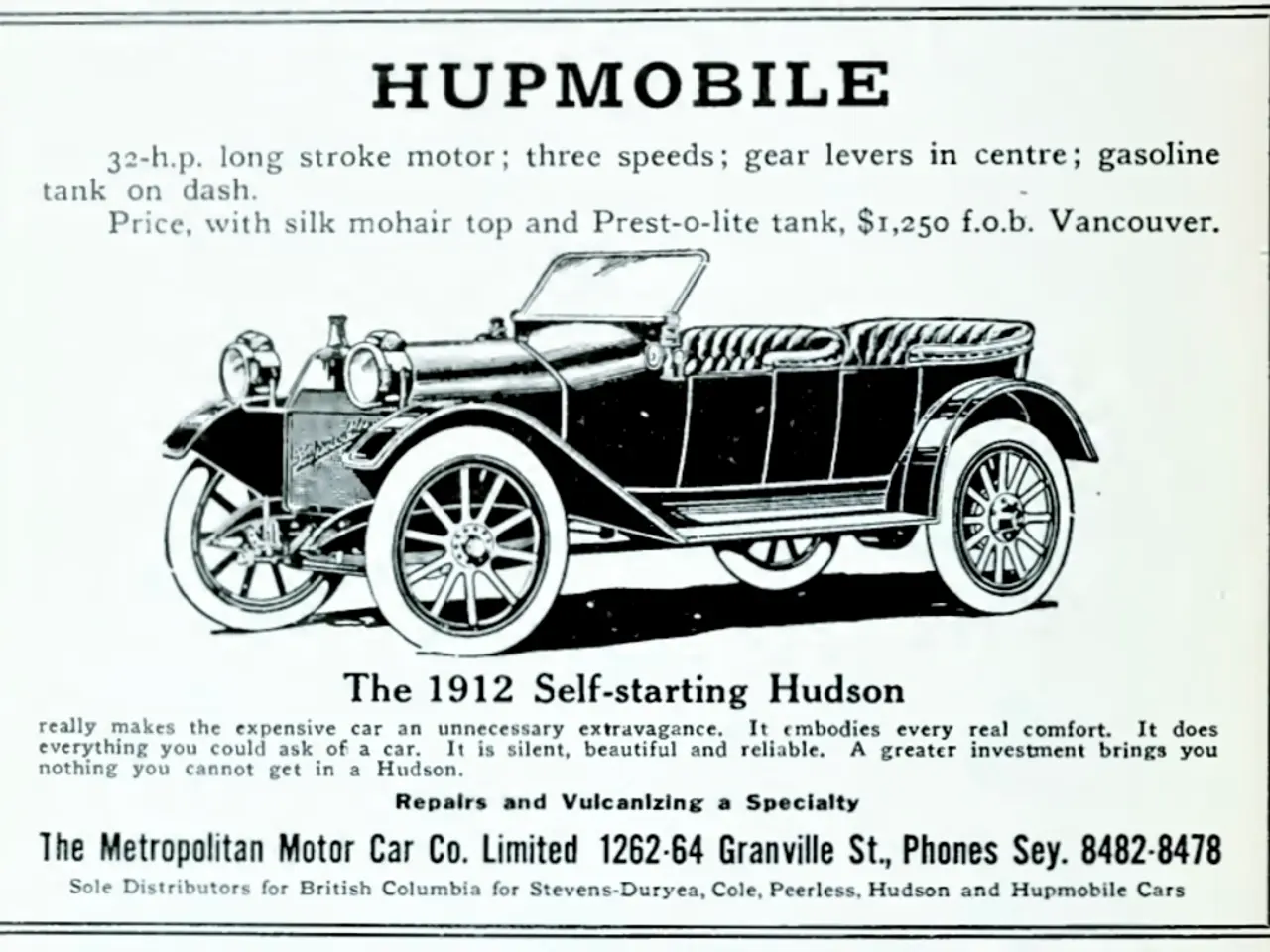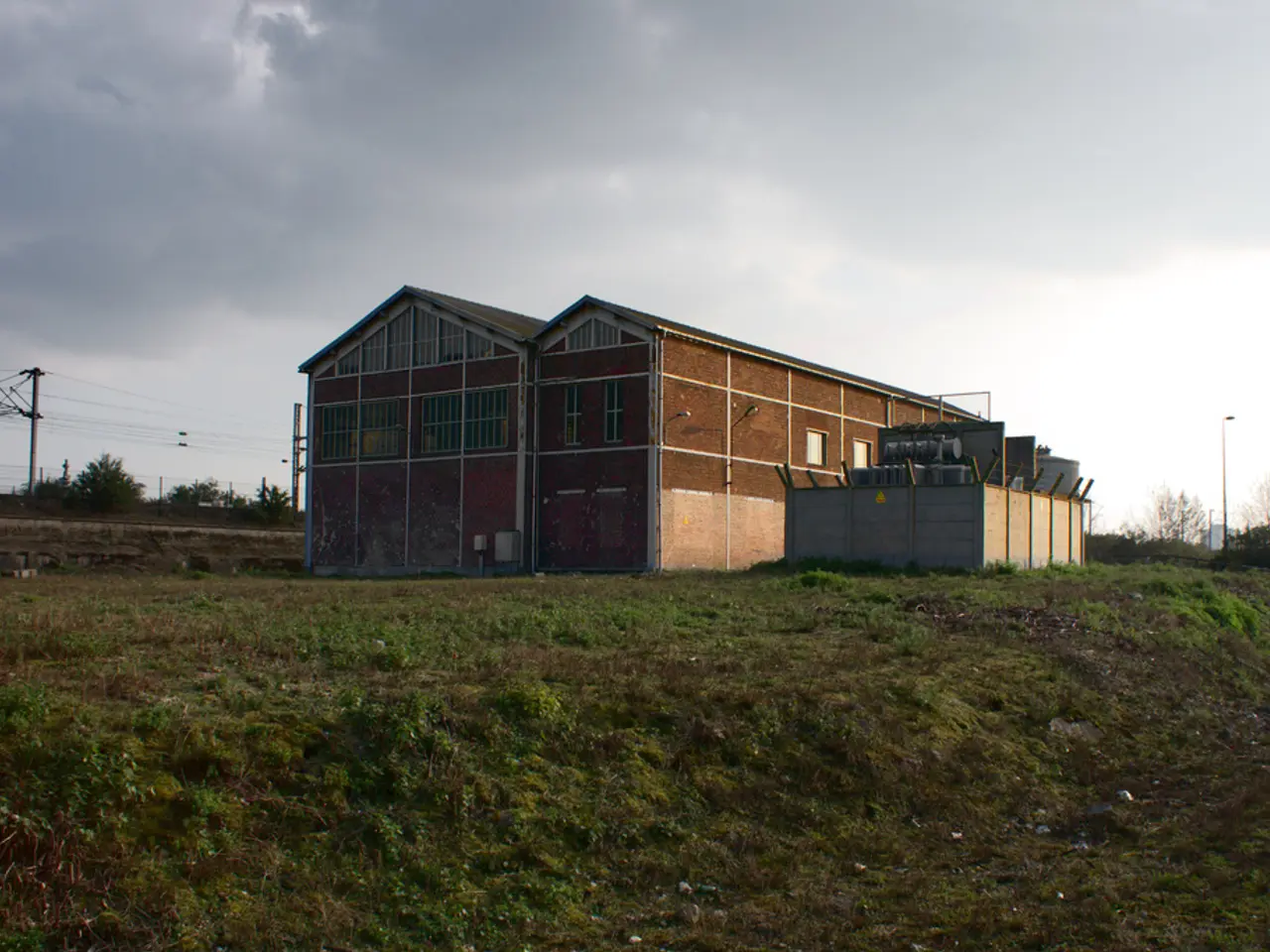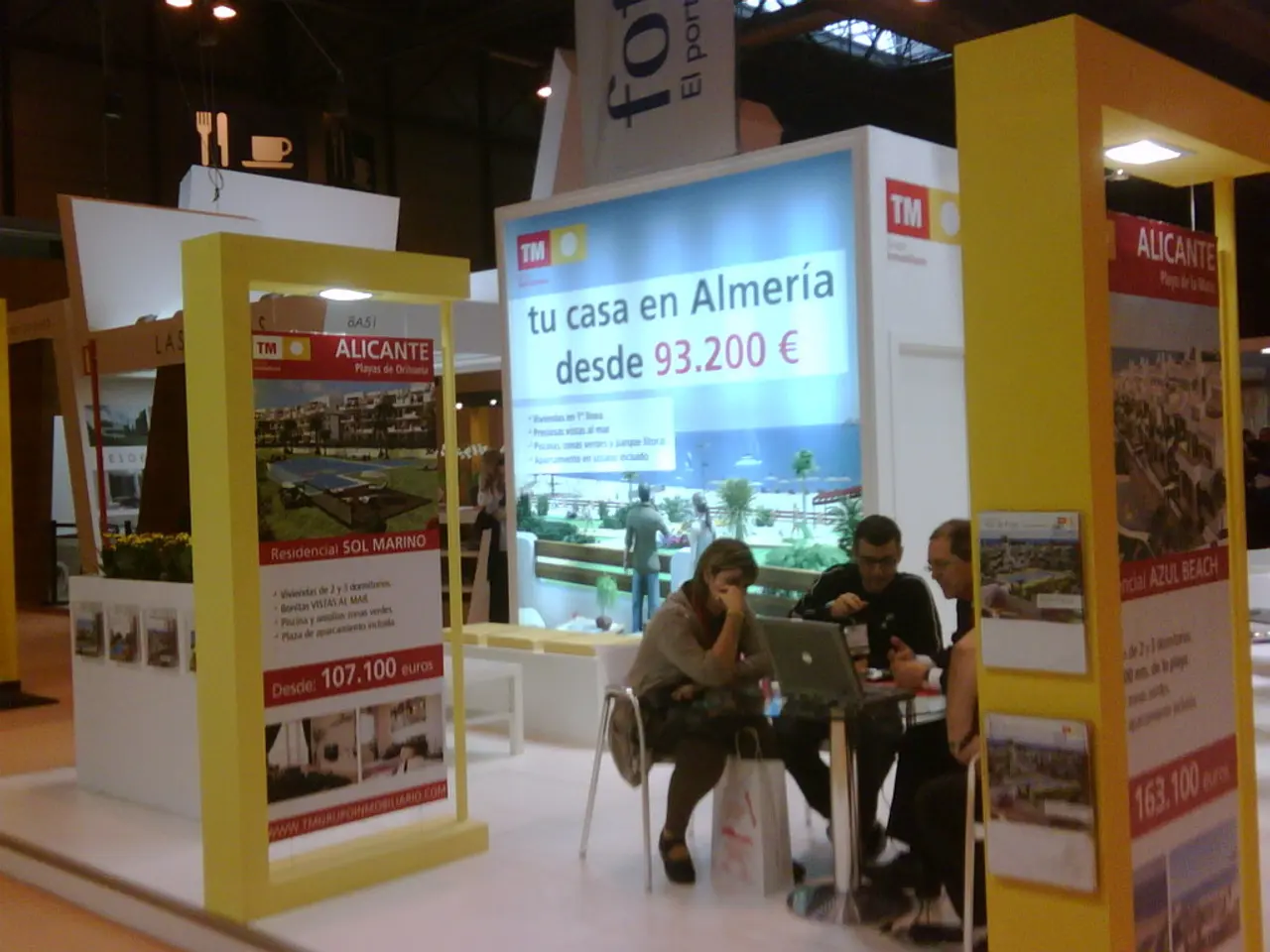A subsidiary of Volkswagen intends to invest billions, unveiling specific investment plans.
In the rapidly changing landscape of international trade, the impact of US import tariffs on European auto manufacturers, such as Audi and Porsche, is significant and multifaceted. As of early 2025, the US has reimposed a 25% tariff on many imported cars and auto parts from non-North American countries, including products from Europe.
This tariff increase could lead to higher costs for Audi and Porsche when importing vehicles or components from Europe to the US. In response, both companies might need to reassess their production strategies in the US. One potential solution is increasing production investments in the US to produce vehicles for the local market, thereby avoiding import tariffs.
Audi, a VW subsidiary, is considering establishing a plant in the US to reduce the impact of import tariffs. The cost of setting up this plant could reach up to four billion euros, and Audi is also exploring the possibility of producing high-margin SUV models directly in the US in the future. Southern states in the US are being considered as potential locations for Audi's new plant.
Porsche, another VW subsidiary, has ruled out the possibility of producing cars in the US due to insufficient production volumes. However, Porsche's shares are held in a real portfolio of Boersenmedien AG, which could be affected by the potential risks posed by US import tariffs.
Volkswagen CEO Oliver Blume has been in contact with Washington regarding the tariff concerns. Blume recently visited Washington to discuss investment conditions with US representatives, and Volkswagen is offering a modular investment package as a signal of its willingness to relocate production. However, this offer is explicitly dependent on favorable political framework conditions.
The ongoing trade tensions and potential future negotiations between the US and Europe could lead to changes in tariffs and trade policies, offering opportunities for Audi and Porsche to adapt and improve their positions in the US market. Diplomats expect a permanent rate of 10% for US import tariffs on cars from the EU, but Trump has threatened to further increase tariffs, even doubling them. EU insiders, however, expect an agreement and a reduction in duties.
The implications of US import tariffs extend beyond direct costs. They could affect the competitiveness of Audi and Porsche in the US market. Higher costs due to tariffs might lead to increased prices for consumers, potentially impacting sales and market share. Both companies might need to adjust their supply chains to accommodate the new tariff environment, sourcing more components from US-based suppliers or from countries with favorable trade agreements.
If the EU implements retaliatory tariffs on US goods, this could affect US-based exports from Audi and Porsche, complicating their global strategies. This potential future impact underscores the need for both companies to stay agile and adaptable in the face of changing trade policies.
In summary, while the current tariffs pose challenges for Audi and Porsche, they also present opportunities for strategic adjustments, such as increasing US production and optimizing supply chains to maintain competitiveness. However, the final outcome depends on the direction of future trade negotiations between the US and Europe.
In the financial aspect, Audi and Porsche, both European auto manufacturers, may face higher costs due to the 25% import tariff on vehicles and components from Europe to the US, potentially leading to increased production costs in the business sector. To mitigate these costs, Audi is considering establishing a plant in the US, while Porsche is exploring the possibility of adjusting its share portfolio to account for the potential risks posed by US import tariffs.




